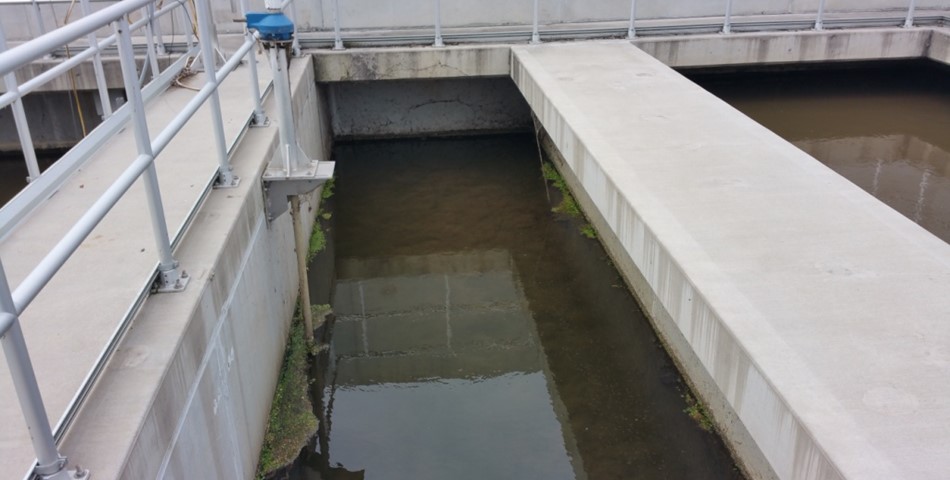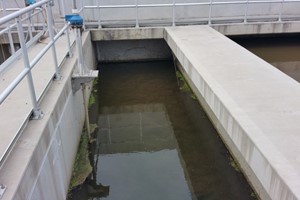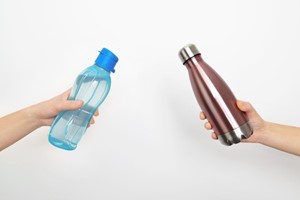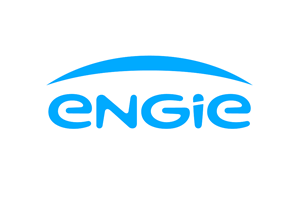The introduction of five Landia mixers has brought about significant improvements to the biological and dewatering processes at the recently upgraded Wastewater Treatment Plant (WWTP) in Milton, Pennsylvania. Serving six municipalities in Northern Northumberland County, the new-look Milton Regional Sewer Authority (MRSA) WWTP has been designed so that it is powered by anaerobic treatment of wastewater from the nearby ConAgra food facility (makers of brands such as Healthy Choice ravioli and spaghetti meals)
During the design of the upgraded plant, demand for ConAgra products had led to an increase in its production, which in turn created an organic overload in the treatment plant’s aeration tanks. And due to the anticipated removal of ConAgra’s settling processes, the strength of the food producers’ wastewater was expected to rise by up to one third.
Seeking a cost-effective wastewater treatment solution that would also resolve high sludge disposal charges and mounting energy costs, plant operators at Milton saw the opportunity for anaerobic pre-treatment. This would not only reduce the load on the aeration tanks, but also provide renewable energy in the form of biogas.
Two full-scale 7.5 million-gallon (28,000 m3) reactors were installed – designed to remove approximately 90% of the organic load from ConAgra’s wastewater, which totals between 1 and 1.5 million gallons per day. As well as the wastewater, the reactors can also receive septage and other hauled wastes.
In addition to the new 2.4 MGD Anaerobic Treatment Process, Milton WWTP now includes a 4.25 MGD Biological Nutrient Removal system – and it was here, as Victor Derr, Superintendent at Milton Regional Sewer Authority, explains, that the large, wide channels of the new vertical loop reactor were causing problems.














